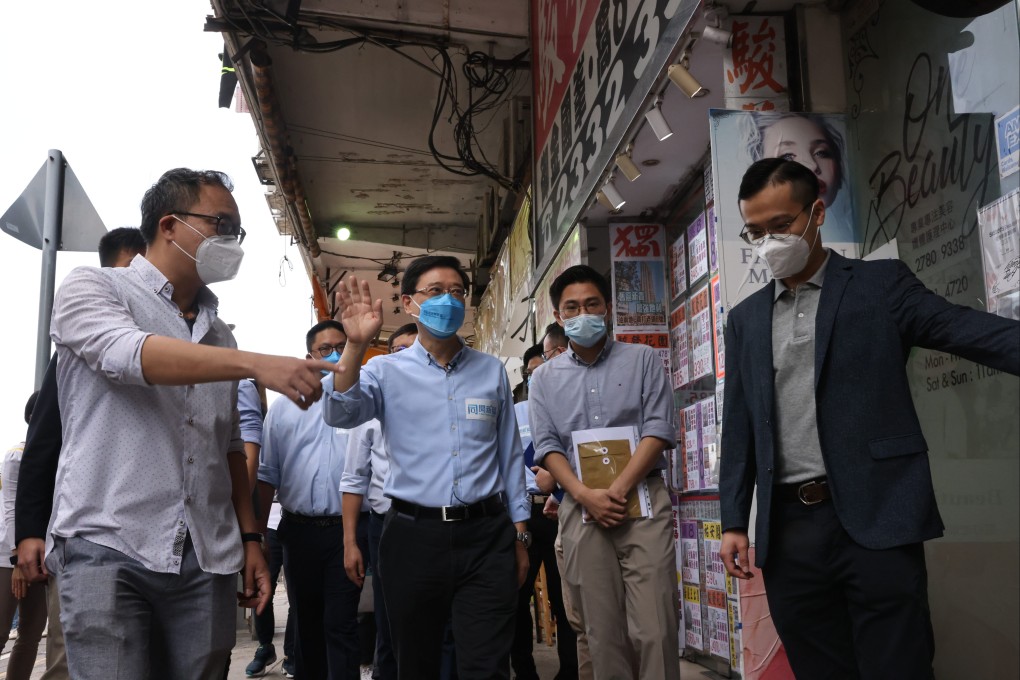Letters | Can John Lee’s ‘result-oriented’ pledge truly stir the bureaucracy?
- Readers want results – from the Buildings Department on unauthorised signboards, the Transport Department on bus services, the Education Bureau on online teaching resources – and suggest four ways for the government to bring real change

In 2018, the Audit Commission criticised the Buildings Department for its poor management of illegal signboards. Two shortcomings were highlighted in its report. The first was the poor public response to the voluntary validation scheme for unauthorised signboards. The second was the ineffectiveness of departmental surveys in identifying dangerous, abandoned or unauthorised signboards. More than three years have gone by and there is still no sign of improvement.
Seniority and, in particular, personal relationships, appear to outweigh capability, output and academic achievement when it comes to promotions. There seems no punishment for those who underperform; ridiculously, they are sometimes rewarded for their inaction. All this creates a discouraging atmosphere for those with real enthusiasm to serve the public.
The failure of management in government departments leads to public mistrust of the administration and undermines policy effectiveness. The Civil Service Bureau and all government department heads should echo Lee’s pledge and review the appraisal and promotion system for civil servants.
Jordan C.M. Tam, Tai Po